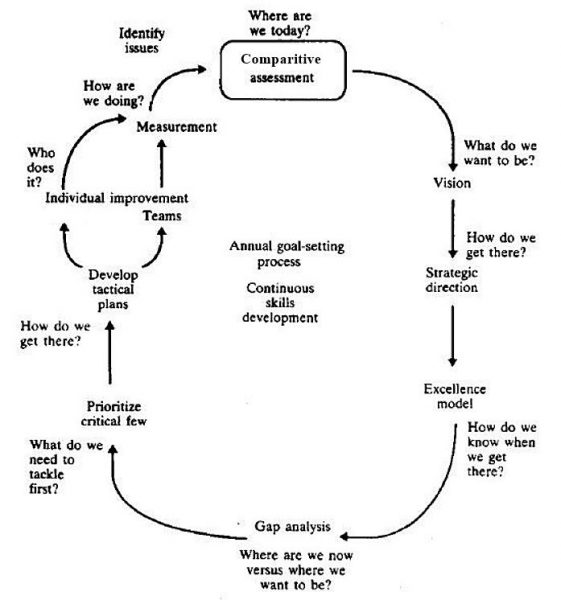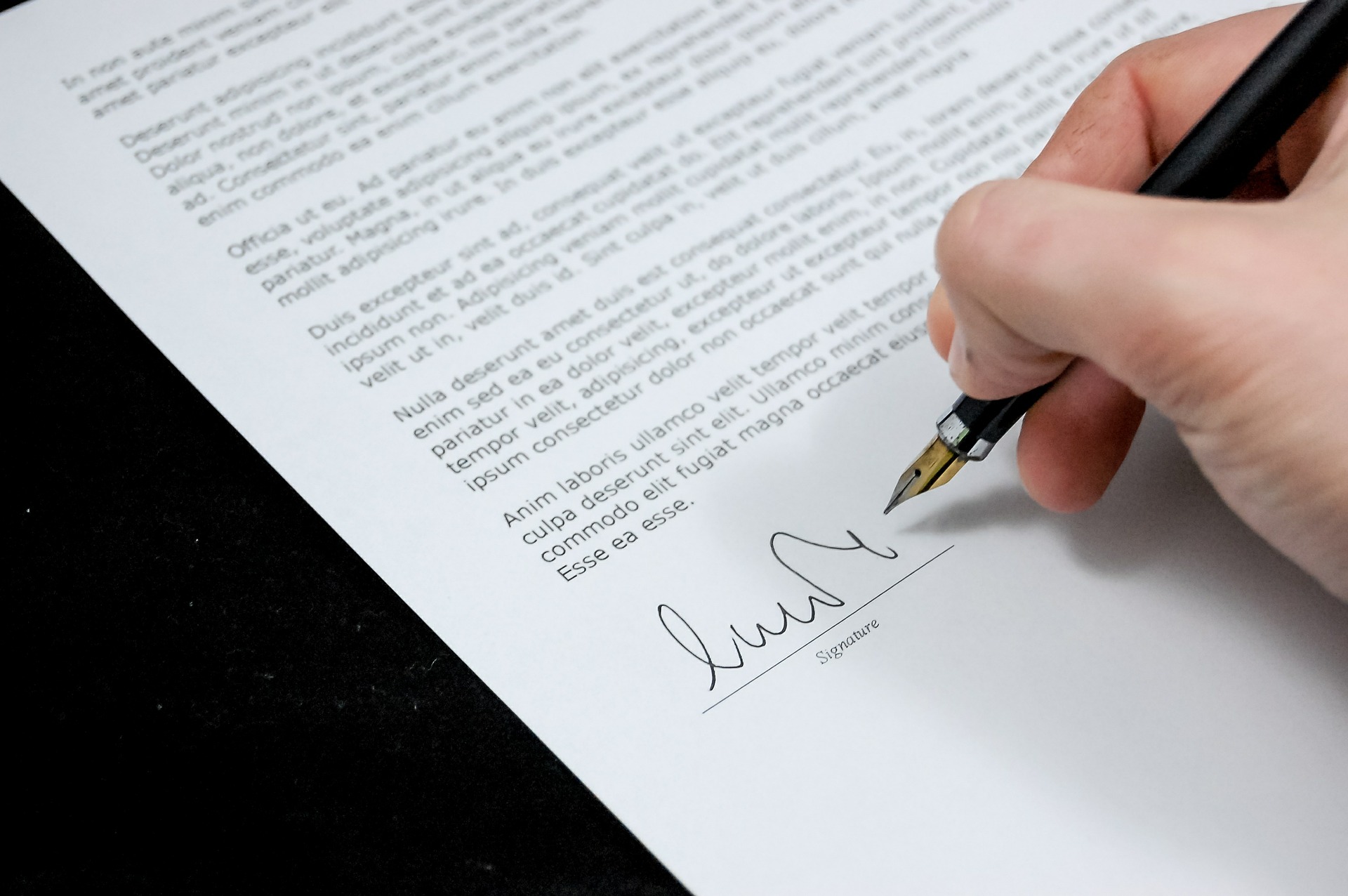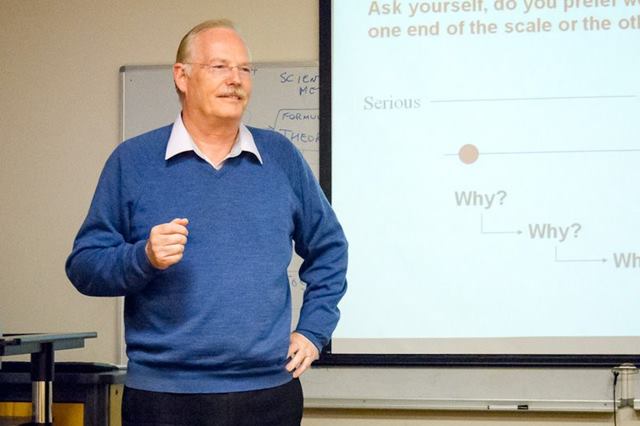How much is a hypnotherapy business worth?
As with any business there are two ways of valuing a hypnotherapy business. There is the asset value of the business if it was closed down tomorrow. This is he difference between how much the assets are worth if they are sold at auction, minus any liabilities.
Then there is the going concern valuation: take the average of annual income minus expenditure to get the gross profit, then deduct the salary the therapist wants to earn and what is left is the net value stream generated per year.
To value the business you calculate how much money you would need to have in the bank to earn the same amount in interest as the net value stream each year. That figure is how much the business is worth as a going concern, minus some percentage to account for the risk of being in business as opposed to the nil risk of interest earned from a bank.
Calculating the risk discount is not an easy question, and the answer depends on many factors.
1. WOULD YOU WANT TO BUY A HYPNOTHERAPY BUSINESS ANYWAY?
If you have an established brand then buying and continuing another business might only dilute your own brand presence. If you already have a hypnotherapy business in the same catchment area then the best thing to happen might be for the other business to just shut up shop and disappear. It reduces your competition and so should reduce your marketing costs.
If you are a new entrant, or your current practice isn't doing too well, then it might make sense to buy the business.
There is also the question as with any business - why is it for sale? Obviously a therapist can die leaving a thriving business, or the therapist might want to retire. Or it might just be that the therapist could not make the practice pay enough, and wants to unload it and move on.
This is where accounting records become crucial. The business needs to be able to show audited financial records of income and outgoings. If there are no audited accounts then the business has been run by an amateur and it might be best to leave it alone or risk inheriting tax problems and unexpected claims. If there are no certified accounts, then there is no basis to make an objective valuation.
2. WHAT IS THEIR BUSINESS MODEL?
Success in the hypnotherapy business is essentially about attracting a stream of new clients.
Dental patients will go to the same office for years, and so taking over the dental practice means taking over the patient list, patient records and goodwill. The value of the business comes from the ongoing value of the repeat visits for years to come.
To a certain extent, professionals like dentists and accountants are standardized. They all have the same basic qualifications, and cannot practice without these government controlled qualifications. They all offer the same level of expertise, more or less, and have to strictly adhere to fixed regulations and procedures and are subject to being struck off if they don't.
A hypnotherapy business is not like an accountancy service or a dentist. Hypnotherapists typically do not have repeat business in the same way. If you treat a client for smoking, say, they should not be ever coming back for the same thing.
To get over this lack of repeat customers there are several different business models underpinning any hypnotherapy business. The difference is how the clients are recruited.
You get high profile 'showbiz' type therapists who spend more time on self promotion and publicity than they do in seeing clients. Then you get the type who spend a lot on constant advertising and business promotion. These businesses are further split into those who promote a brand name such as "Key Hypnosis" and those who promote the person named "Jane Smith Hypnosis". Sometimes these specialize in segmented markets, such as stopping smoking, weight loss, or self confidence.
There are
High Cost and Low Cost strategies
Low cost practices use a different strategy. They focus entirely on their local area. Many just have a website and rely on localized search engine results and maybe some paid entries on local business listings. Some low cost practices are integrated with medical centers and get referrals from health professionals.
Why does the business model matter? Where the hypnotherapy business is based on the personality of the therapist, the business effectively is the therapist. When the therapist goes away, the business goes away. In that kind of business hypnotherapists are not interchangeable in the way accountants are. People want to see a particular therapist, not just any therapist. So you may not be able to convert past customers into future sales because the clients will not go to someone they don't know. Similarly, if the business model is based on referrals from medical professionals you may have to spent a lot time trying to persuade them that you are as good as the person you are replacing.
If it is a low cost internet based service for a localized brand name business, then effectively what you are buying is the Google ranking. You might be better spending the money on Search Engine Optimization to increase your own ranking.
3. ARE HYPNOTHERAPY BUSINESS ASSETS WORTH PAYING FOR?
A hypnotherapy business is a service industry like computer software training. In a training business all of the income comes from face to face interaction with the trainer. The trainer basically sells their time. They may own a few incidentals like tables and chairs, but this type of business is really about contacts and reputation. The software trainer doesn't own the software, or the intellectual property rights, or the trademarks, or anything else enduring.
A hypnotherapist does not own 'hypnosis' and usually has little or nothing in the way of exclusive intellectual property that can be resold. There may be books or CDs on sale, but once the original author has moved on they
Assets
and Liabilities
are difficult to keep up to date. Most therapist CDs are actually 'home made' and few have formal legal rights to use the background music on them. The 'scripts' are unlikely to be worth much either since the basic procedures are common throughout the industry and any script can be easily and transparently paraphrased. So the value of any claimed intellectual property needs to be carefully assessed.
There are also liabilities. If you buy a practice, who is responsible for comeback from past clients? If a client for stopping smoking comes back and says it didn't work, are you responsible, or is the previous owner going to fix it? If a previous client kills themselves, and the relatives find hypnosis a convenient scapegoat, are you going to court to defend the previous therapist as the owner of the company responsible?
Arriving at any sort of valuation can be very difficult.







